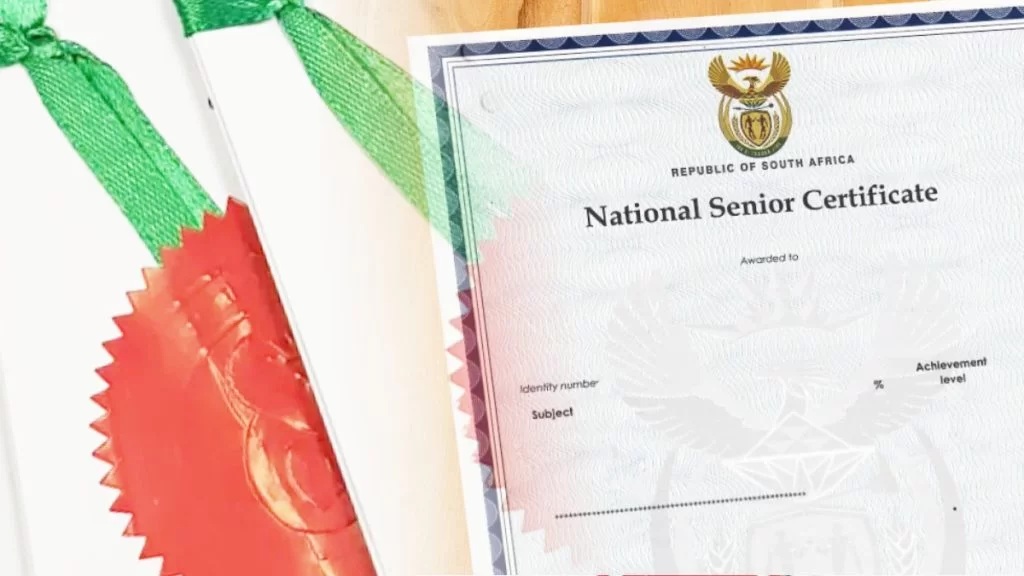Month: January 2025

Fraud Attorney San Francisco: Expert Legal Representation for Complex Cases
Navigating the complex world of fraud litigation can be overwhelming, especially in a bustling hub like San Francisco. As fraud attorneys, we continuously strive to protect the rights of our clients throughout California and the Bay Area. Our primary goal is to ensure that you are equipped with the knowledgeRead More

What to Do When a Contract Is Breached
Contracts are the backbone of many business and personal relationships. They define expectations, responsibilities, and obligations between parties. But what happens when one party doesn’t uphold their end of the agreement? A breach of contract can lead to frustration, financial loss, and complex disputes. It’s essential to act swiftly andRead More

Top 10 Tips for Researching an Apostille for Training Certificates
When seeking to validate the completion of specific training courses abroad, obtaining apostilles for your training certificates ensures that your qualifications are internationally recognized. Whether you’re looking to validate professional development, certifications, or courses in fields like healthcare, business, or language studies, here are the top 10 tips for researchingRead More

Green Card Renewal Support: Ensuring Timely Processing
Renewing a Green Card is a critical process for maintaining legal residency in the United States. With strict deadlines and detailed requirements, navigating the renewal process can feel overwhelming. Missing key steps or filing late could lead to complications, including potential disruptions to work or travel. Understanding the importance ofRead More

Divorce Mediation in Washington: An Effective Alternative to Court
Divorce can be an emotionally draining and financially overwhelming process, especially when it plays out in a courtroom. For couples in Washington seeking a less adversarial approach, divorce mediation offers a practical and cost-effective alternative. This process allows both parties to work collaboratively with a neutral mediator to reach mutuallyRead More

Child Visitation Rights in NY: Can a Child Refuse Visitation?
Navigating child visitation rights in New York can be an emotional and complex process for families. While the law prioritizes the best interests of the child, questions often arise about a child’s say in visitation arrangements. Parents and guardians may wonder if a child can legally refuse visitation and, ifRead More

Navigating Conservatorships and Estate Planning in Walnut Creek: A Complete Guide for Families
Planning for the future often involves making tough decisions about finances, healthcare, and personal wishes. In Walnut Creek, understanding conservatorships and estate planning is crucial for protecting loved ones and ensuring assets are managed according to one’s intentions. These legal tools provide clarity and security during life’s uncertainties. Whether it’sRead More

How to Negotiate with Insurance Companies After an Auto Accident
Being involved in an auto accident can be a traumatic experience, and dealing with insurance companies afterward can often add to the stress. Understanding how to effectively negotiate with your insurance company is crucial to ensure you receive the compensation you deserve for your injuries, vehicle damage, and other losses.Read More